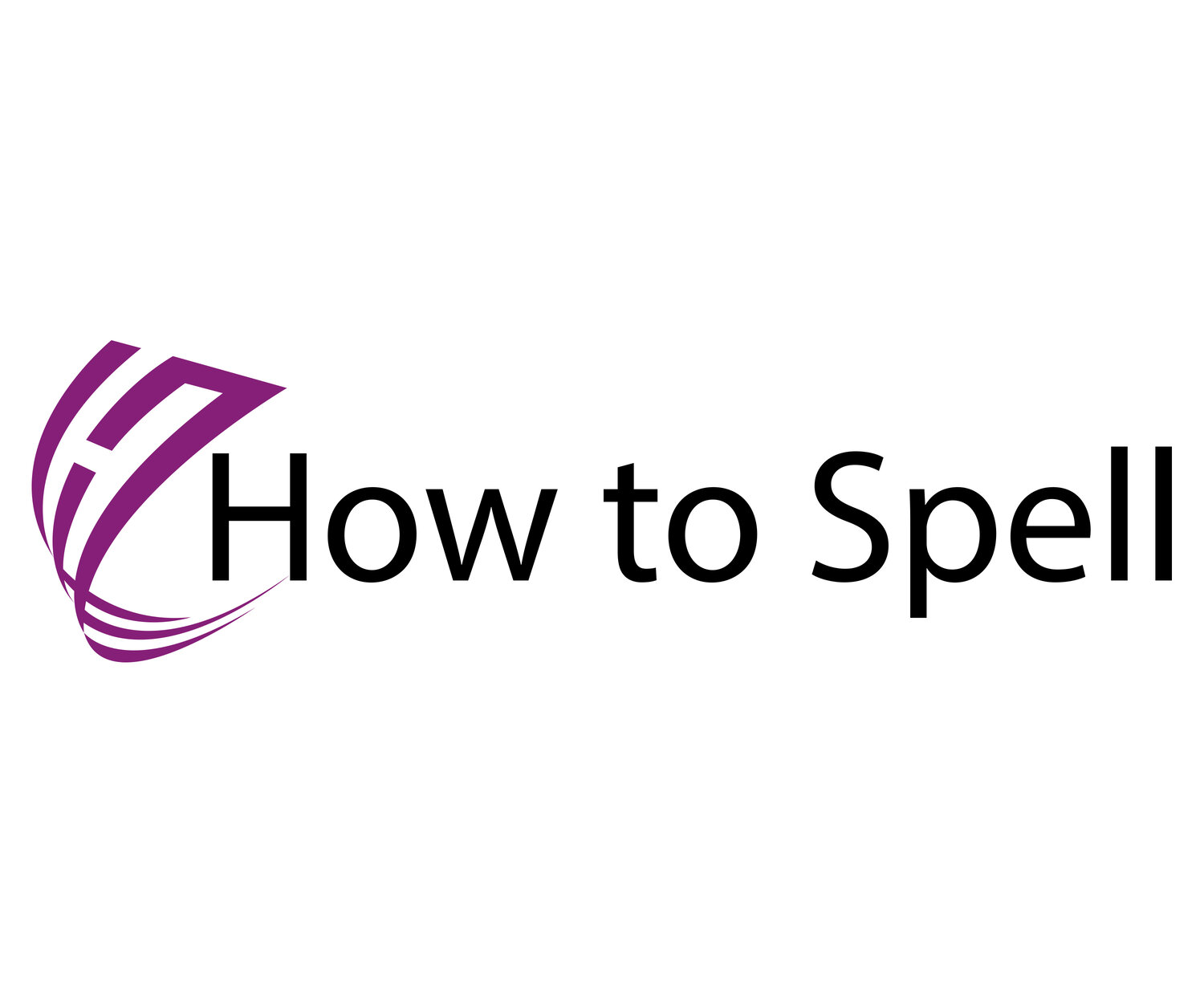quit, quite, quiet
These three words are quite a spelling nightmare for many people.
It's quite quiet today.
I quit my job because it was quite stressful now my life is quiet.
Answer these questions
1. Which ones have one syllable?
2. Which one has two syllables?
3. Which one means to stop doing something?
4. Which one means be silent, silence, "shush!"?
Read on and/or watch the video. Answers also at the bottom of page before the quiz.
1. Quit is a short vowel sound,
Informal - to leave a job or school permanently: His decision to quit international football has shocked everyone.
Informal - to stop doing something: She drinks so much, she could never quit now.
Formal - to leave a place: notice to quit (=an official order to leave a place within a certain time): Their landlord has given them notice to quit.
2. Add the magic 'e' to quit: quit + e = quite. Quite is a longer sound than quit but still one syllable.
Differences between British and American English: quite
In British English quite usually means 'fairly': The film was quite enjoyable, although some of the acting was weak.
When American speakers say quite, they usually mean 'very': We've examined the figures quite thoroughly. Speakers of British English sometimes use quite to mean 'very', but only before words with an extreme meaning: The whole experience was quite amazing.
fairly but not very: I was feeling quite tired after our walk.
quite a good/big etc something: We had to wait for quite a long time.
completely: Are you quite sure you know what to do?
3. But quiet is two syllables "qui / et" quiet = shush! Be quiet.
A good way to remember the spelling or usage of this to pronounce the syllables in quiet slowly: "qu / et"
Answers from the top of the page
1. Which ones have one syllable? quit / quite
2. Which one has two syllables? quiet
3. Which one means to stop doing something? quit
4. Which one means be silent, silence, "shush!"? quiet
